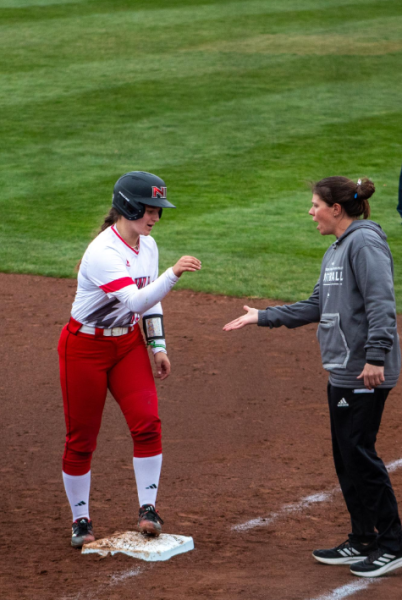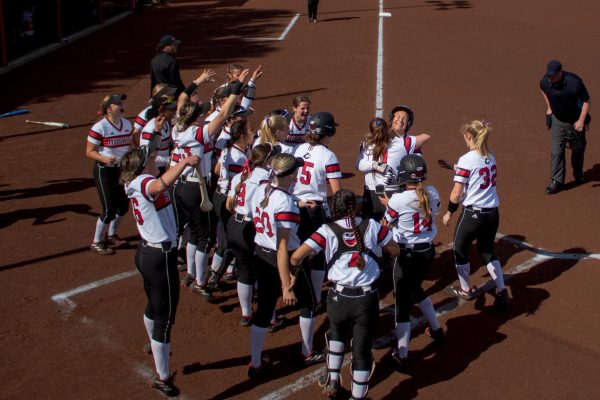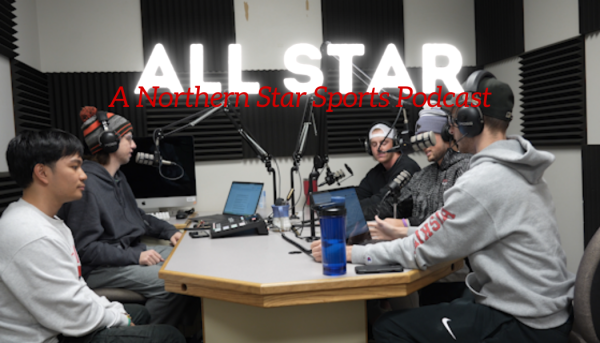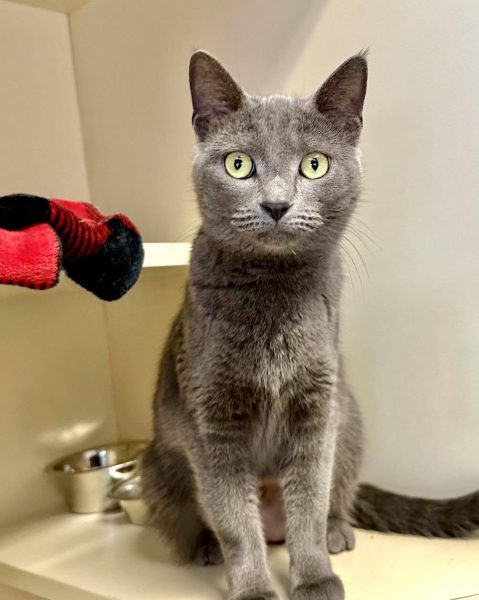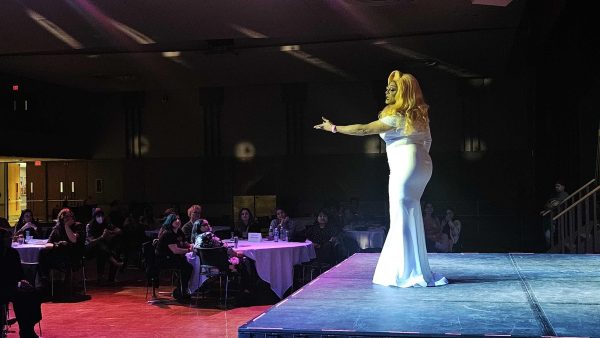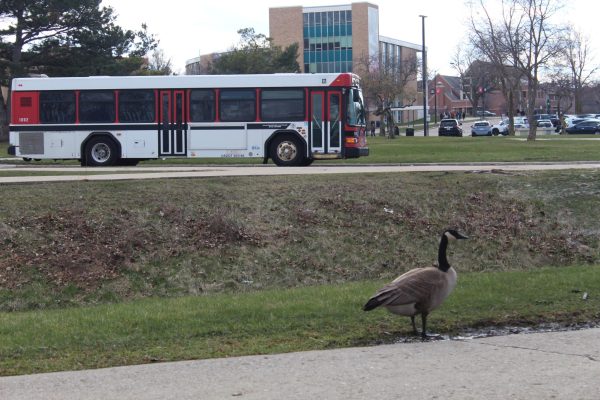Research Rookies work with communication disorders, Parrot Software
April 10, 2012
A new computer program may help people with communication disorders.
Research Rookie Brittany Warner, freshman speech pathology major, said the new computer program, Parrot Software, could facilitate major breakthroughs for people with aphasia. Those diagnosed with aphasia have lost their ability to speak due to disease, brain injury or stroke.
“If it works, then people with aphasia can take part in frequent and intense therapy that they need,” Warner said.
Warner and mentor Jamie Mayer, assistant professor in the Department of Communicative Disorders, will have five participants in the chronic stage of aphasia involved in their project. Participants will first undergo language testing before working with Parrot Software. For eight weeks, participants will use Parrot Software every day for at least two and a half hours in stages of 45 to 50 minutes. After completing the software program, participants will undergo a final test to see if they have improved their speaking and language use.
Warner will be in charge of one of the subjects participating in this project. She will also help with the initial and final speech-language assessment by monitoring progress through the treatment protocol and analyzing the data from the individual.
Mayer will monitor the remaining four participants.
Mayer said the Parrot Software, which Warner chose, will be evaluated based on its efficiency.
“In short, this study will provide information as to whether this particular program is useful for someone who may not otherwise be able to receive speech-language therapy,” Mayer said.
Some may not able to receive speech-language therapy if it is too expensive and their insurance will no longer cover rehabilitative services.
“There is a critical need for these types of software programs because research has shown that individuals who have aphasia or other neurogenic communication disorders can benefit from intense speech-language therapy long after insurance has stopped paying for rehabilitative services, typically six to 12 months after the stroke or injury,” Mayer said.
Warner said having the opportunity to work on this project has taught her a lot about speech pathology.





